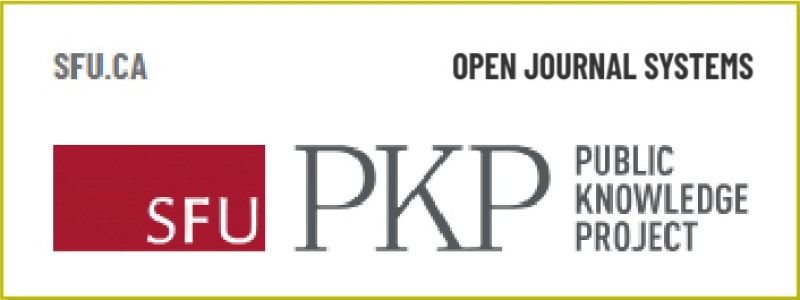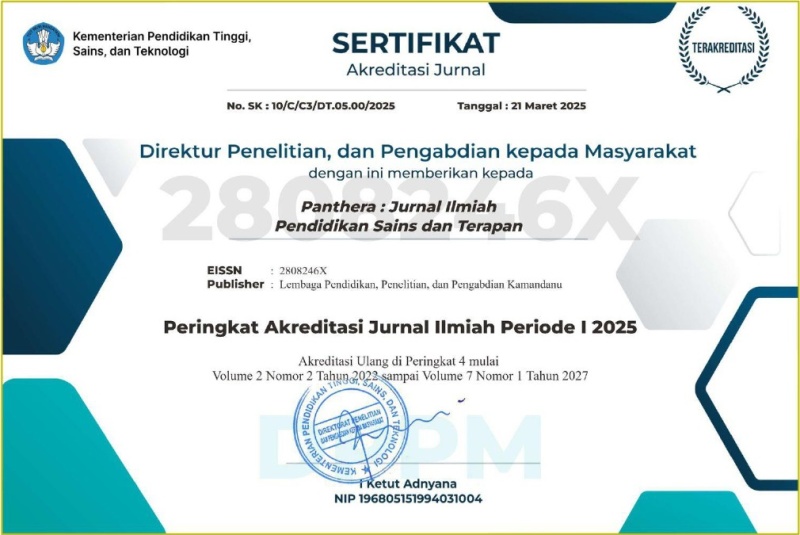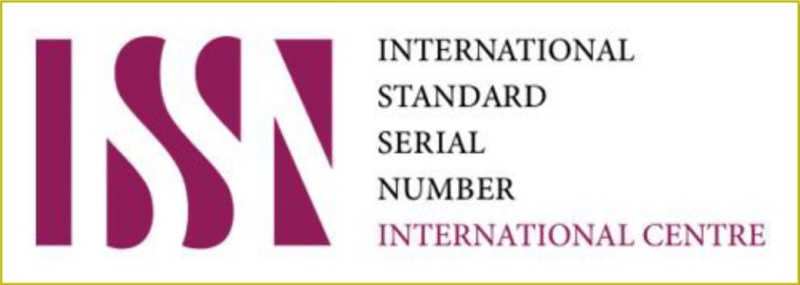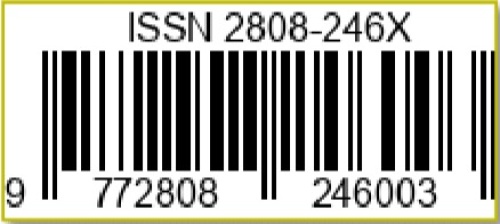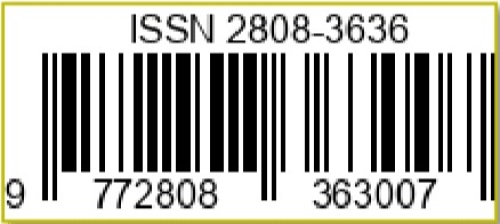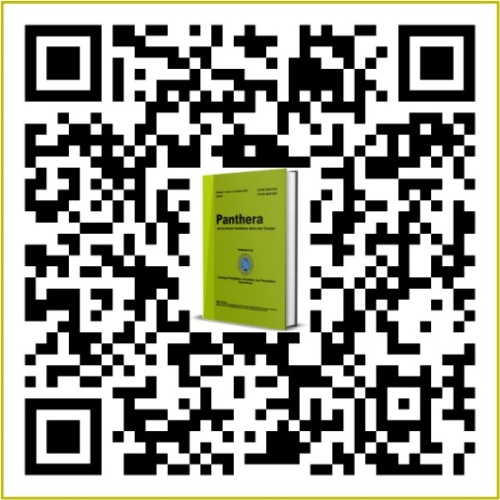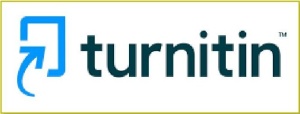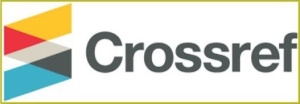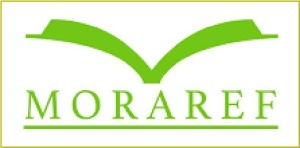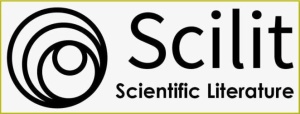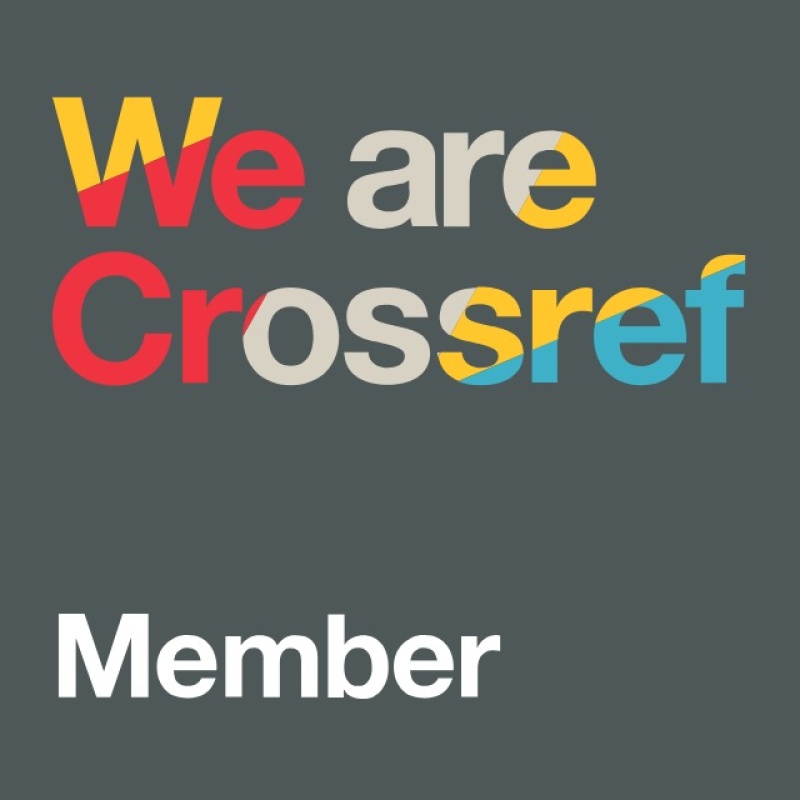Pengaruh Model Pembelajaran Problem Based Learning (PBL) terhadap Hasil Belajar Matematika Siswa
DOI:
https://doi.org/10.36312/pjipst.v2i3.124Keywords:
Cooperative Learning, Problem Based Learning, Mathematics Learning Outcomes.Abstract
The problem in this research is the low mathematics learning outcomes of students. This is because the teaching methods used are still monotonous. The aim of this research is to determine the effect of the problem based learning cooperative learning model on the mathematics learning outcomes of class XI students at SMA Negeri 2 Labuapi. The type of research used in this research is a quasi experiment with a pre-test post-test control group design. The population in this study were class XI students of SMA Negeri 2 Labuapi. The sample for this research was class XIA as the experimental class and XIB as the control class. The sampling technique uses saturated sampling. The instrument of this research is a test sheet. Based on the results of data analysis on student mathematics learning outcomes, the average score in the experimental class was 81.33 with the highest score being 100 and the lowest score being 65, while the average score in the control class was 60.17 with the highest score being 80 and the lowest score being 40. Based on the results of the t test, tcount is 8.298 and ttable is 2.002, because tcount ≥ ttable then Ha is accepted and H0 is rejected. So, it can be concluded that there is an influence of the problem based learning type cooperative learning model on the mathematics learning outcomes of class XI students at SMA Negeri 2 Labuapi.
Downloads
References
Abdullah. (2017). Pendekatan dan Model Pembelajaran yang Mengaktifkan Siswa. Edureligia : Jurnal Pendidikan Agama Islam, 1(1), 45-62. https://doi.org/10.33650/edureligia.v1i2.45
Arikunto, S. (2012). Dasar-dasar Evaluasi Pendidikan (Edisi 2). Jakarta: PT. Bumi Aksara.
______. (2014). Prosedur Penelitian: Suatu Pendekatan Praktik. Jakarta: PT. Rineka Cipta.
Asrori, M. (2013). Pengertian, Tujuan dan Ruang Lingkup Strategi Pembelajaran. Madrasah : Jurnal Pendidikan dan Pembelajaran Dasar, 5(2), 163-188. https://doi.org/10.18860/jt.v6i2.3301
Hamalik, O. (2013). Proses Belajar Mengajar. Jakarta: PT. Bumi Aksara.
Hayati, S. (2017). Belajar & Pembelajaran Berbasis Cooverative Learning. Magelang: Graha Cendekia.
Masjudin. (2016). Pembelajaran Kooperatif Investigatif untuk Meningkatkan Pemahaman Siswa Materi Barisan dan Deret. JEMS : Jurnal Edukasi Matematika dan Sains, 4(2), 76-84. http://doi.org/10.25273/jems.v4i2.687
Rusman. (2012). Model-model Pembelajaran. Depok: PT. Raja Grafindo Persada.
Sugiyono. (2013). Metode Penelitian Kuantitatif, Kualitatif dan R&D. Bandung: CV. Alfabeta.
______. (2014). Metode Penelitian Pendidikan Pendekatan Kuantitatif, Kualitatif, dan R&D. Bandung: CV. Alfabeta.
______. (2017). Metode Penelitian Kuantitatif, Kualitatif, dan R&D. Bandung: CV. Alfabeta.
Tambak, S. (2017). Metode Cooperative Learning dalam Pembelajaran Pendidikan Agama Islam. Al-Hikmah : Jurnal Agama dan Ilmu Pengetahuan, 14(1), 1-17. https://doi.org/10.25299/al-hikmah:jaip.2017.vol14(1).1526
Wijayanti, O. (2013). Improving the Teaching and Learning Process of Listening Skills in a Big Class Through Total Physical Response in Grade 4 of SDN Jomblang 2 in the Academic Year of 2012/2013. Skripsi. Universitas Negeri Yogyakarta.

Downloads
Published
How to Cite
Issue
Section
License
Copyright (c) 2022 Sabrun

This work is licensed under a Creative Commons Attribution-ShareAlike 4.0 International License.
-
Attribution — You must give appropriate credit, provide a link to the license, and indicate if changes were made. You may do so in any reasonable manner, but not in any way that suggests the licensor endorses you or your use.
-
ShareAlike — If you remix, transform, or build upon the material, you must distribute your contributions under the same license as the original.

